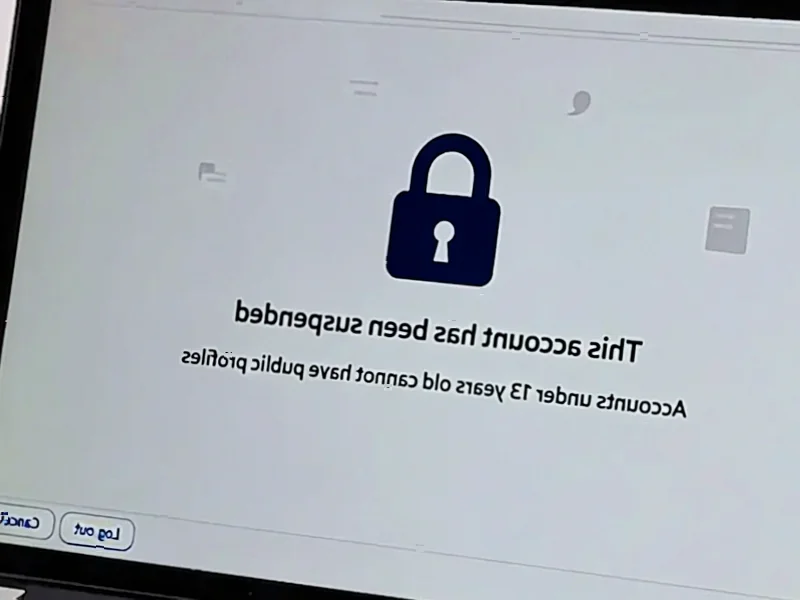According to TheRegister.com, Australian police arrested 55 suspects last week using evidence gathered from the backdoored AN0M messaging app that authorities distributed within criminal networks. The operation follows a recent High Court ruling that validated the surveillance program’s legality, determining that messages sent through the closed AN0M system didn’t constitute telecommunications network communications under Australian law. The arrests in South Australia involved raids on 23 properties and resulted in restrained assets valued at AUD$25.8 million ($17 million), including Harley Davidson motorcycles suggesting biker gang affiliations. This represents the third phase of “Operation Ironside,” which began in 2018 when the FBI and Australian Federal Police created AN0M to replace the dismantled Phantom Secure service that criminals previously used for encrypted communications. The legal landscape has now shifted dramatically for future surveillance operations.
The Dangerous Legal Precedent
The High Court’s ruling creates a concerning loophole in surveillance law that could have far-reaching implications. By classifying AN0M as a “closed system” rather than a telecommunications service, the court essentially greenlit government-run honeypot operations that bypass traditional wiretapping protections. This distinction matters because telecommunications intercepts typically require warrants and judicial oversight, whereas creating a deliberately compromised platform appears to operate in a legal gray area. The precedent suggests that law enforcement can design and distribute intentionally vulnerable technology without the same constitutional safeguards that protect users of legitimate commercial services.
The Technical Arms Race Escalates
This operation represents a significant escalation in the cat-and-mouse game between law enforcement and criminal organizations using encrypted communications. While the immediate results appear successful—with the AFP admitting they collected more evidence than they could process—the long-term consequences are troubling. Criminal networks will now become increasingly paranoid about any new technology, potentially driving them toward more sophisticated verification methods or custom-developed solutions that are harder to penetrate. The success of AN0M also creates a dangerous blueprint that authoritarian regimes could replicate to target journalists, activists, and political opponents under the guise of fighting crime.
The Future of “Accountable Encryption”
The AFP’s call for “accountable encryption” following the AN0M operation reveals a fundamental misunderstanding of encryption technology. True end-to-end encryption cannot include backdoors without compromising security for all users—a mathematical reality that law enforcement agencies consistently ignore. The concept of “accountable encryption” is essentially a rebranding of the failed “exceptional access” arguments that security experts have debunked for decades. What’s particularly concerning is that legitimate encrypted messaging services may now face increased pressure to incorporate surveillance capabilities, potentially undermining security for millions of lawful users worldwide.
The Practical Limitations of Mass Surveillance
The admission that authorities collected more evidence than they could process highlights a critical operational weakness in these large-scale surveillance operations. While the initial intelligence gathering might seem impressive, the practical challenges of analyzing, verifying, and acting on massive data volumes often overwhelm investigative resources. This creates due process concerns where potentially exculpatory evidence might go unexamined while prosecutors focus on the most easily prosecutable cases. The operational success metric becomes volume of data collected rather than quality of justice delivered, which risks compromising the very legal principles these operations claim to protect.




